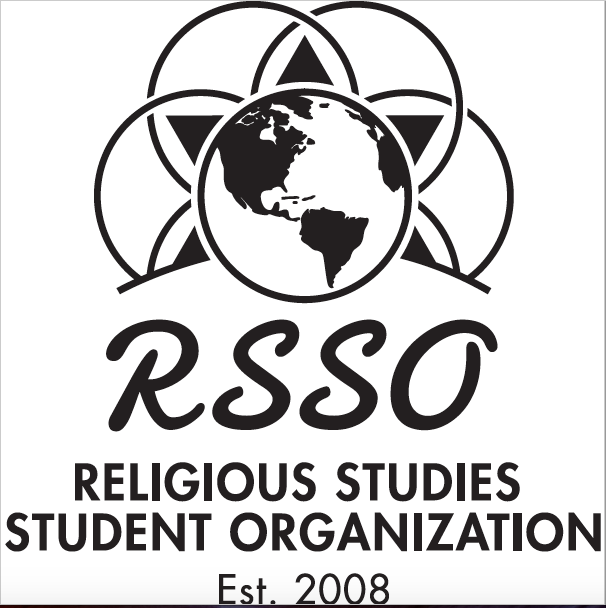Facebook is God: An Analysis of the Ideas of Pascal Boyer in the Information Age
Loading...
Moderator
Meghan Murphy-Lee
Start Date
4-4-2020 12:25 PM
End Date
4-4-2020 1:30 PM
Abstract
In his 2001 book Religion Explained, Pascal Boyer identifies that which gives spiritual beings importance in religion as not their perceived agency or power, but rather their possession of strategic information. Strategic information is socially-relevant information, pertaining to other people and/or one’s relationships with them. In this essay, I examine Boyer’s theory with several religious examples to see how it holds up and where it may be lacking or could be further developed.
If Boyer is correct and religion is so inherently tied to knowledge and possession of information, what then does it mean that we are living in the Information Age? Individuals have their own access to wide-reaching social information more now than ever before in history.
Highly-developed societies have been becoming increasingly secular, with fewer identifying with institutions of religion, despite individual spirituality remaining high. Many have tried to account for this trend, or predict its future consequences. In this essay I suggest that possibly the cognitive-based, social needs of humans that were previously fulfilled by understood religious relationships with spiritual beings, still are very prevalent, as seen by the perceived dependency many have on social media. Therefore, examining these new social power structures with a religiously-informed lens could provide interesting and important insight.
Facebook is God: An Analysis of the Ideas of Pascal Boyer in the Information Age
In his 2001 book Religion Explained, Pascal Boyer identifies that which gives spiritual beings importance in religion as not their perceived agency or power, but rather their possession of strategic information. Strategic information is socially-relevant information, pertaining to other people and/or one’s relationships with them. In this essay, I examine Boyer’s theory with several religious examples to see how it holds up and where it may be lacking or could be further developed.
If Boyer is correct and religion is so inherently tied to knowledge and possession of information, what then does it mean that we are living in the Information Age? Individuals have their own access to wide-reaching social information more now than ever before in history.
Highly-developed societies have been becoming increasingly secular, with fewer identifying with institutions of religion, despite individual spirituality remaining high. Many have tried to account for this trend, or predict its future consequences. In this essay I suggest that possibly the cognitive-based, social needs of humans that were previously fulfilled by understood religious relationships with spiritual beings, still are very prevalent, as seen by the perceived dependency many have on social media. Therefore, examining these new social power structures with a religiously-informed lens could provide interesting and important insight.

